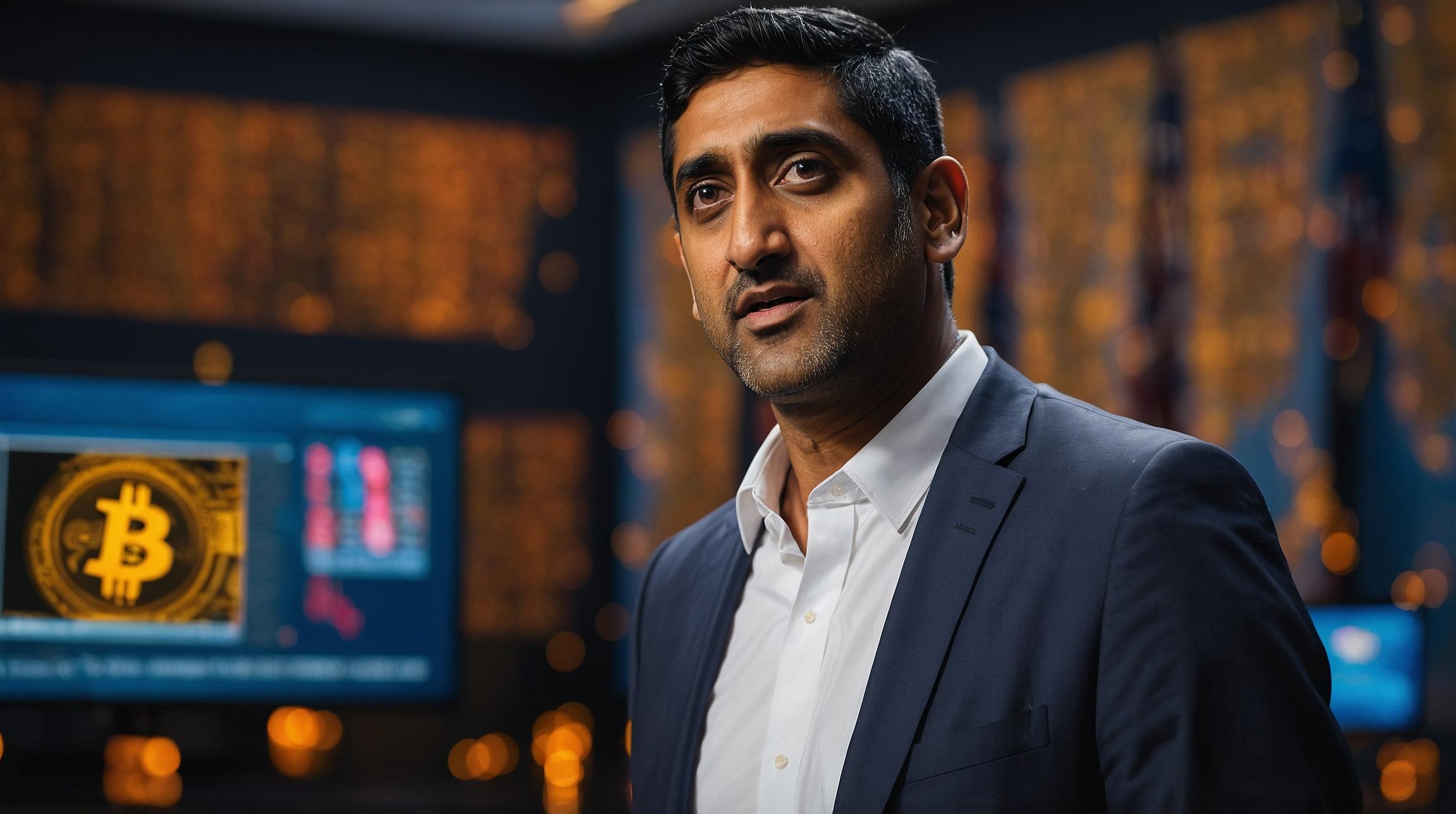Meta, Google, and Microsoft Forge Alliance to Combat Political Deepfakes
In a landmark move, leading technology giants including Meta, Microsoft, Google, and OpenAI are finalizing an accord aimed at combating the spread of artificial intelligence (AI)-generated content that seeks to mislead voters. This initiative comes as a response to the growing concern over the use of deepfakes in political campaigns around the globe.
These tech behemoths are actively engaged in discussions to create what is being referred to as an "accord" against deceptive AI content. This agreement is expected to be unveiled at the upcoming Munich Security Conference. The collaborative effort underscores the industry's recognition of the significant threat that AI-manipulated media poses to the integrity of electoral processes worldwide.
Adobe, TikTok, and other influential players in the tech sphere are also part of this collaborative initiative, demonstrating a broad commitment to countering the misuse of AI technologies. The pact focuses on the development of strategies to identify, label, and ultimately, control AI-generated images, videos, and audio that could influence voters' perceptions misleadingly.
One of the pivotal measures agreed upon by Meta, Google, and OpenAI includes the adoption of a common watermarking standard. This standard will be applied to images generated by their respective AI applications, such as OpenAI's ChatGPT, Microsoft's Copilot, and Google's Gemini (formerly known as Bard), thereby making it easier to discern AI-generated content from authentic media.
The urgency of this initiative has been underscored by recent incidents wherein AI deepfakes have been utilized in disturbing ways. For instance, an AI-generated robocall imitating US President Joe Biden was sent to tens of thousands of voters, advising them against participating in the New Hampshire primary. Moreover, political entities in countries such as Pakistan have employed AI to create speeches for leaders unable to do so themselves due to incarceration.
The concerted effort by these tech leaders to establish a unified front against the manipulation of information showcases a proactive approach to safeguarding democratic processes. As the world gears up for a series of critical elections, the technology sector's prioritization of voter integrity and the fight against misinformation could play a pivotal role in ensuring the credibility of future electoral outcomes.
Analyst comment
Positive news: Leading technology giants, including Meta, Microsoft, Google, and OpenAI, are forming an alliance to combat deepfakes in political campaigns. They will develop strategies to identify, label, and control AI-generated content. The adoption of a common watermarking standard will make it easier to distinguish authentic media from AI-generated content. This proactive approach by tech leaders emphasizes their commitment to safeguarding democratic processes and ensuring voter integrity.
Market analysis: This collaborative initiative is likely to have a positive impact on the market. It showcases the technology sector’s responsibility in addressing the threat of deepfakes and misinformation, which could enhance public trust in these companies. Additionally, the development and implementation of strategies to combat AI-generated content could create new business opportunities within the industry.













